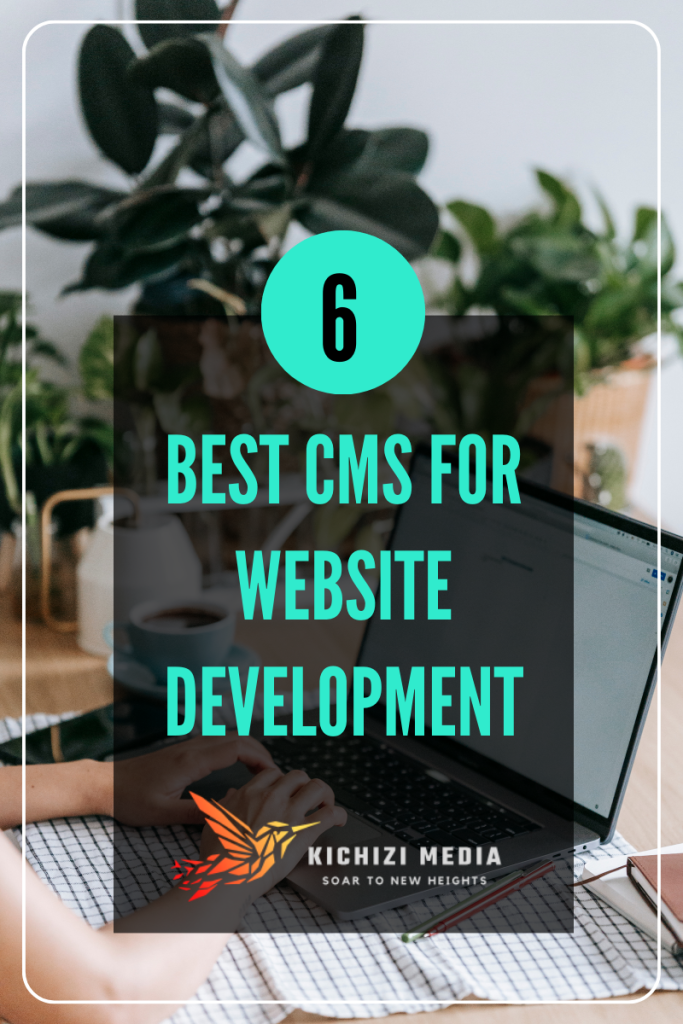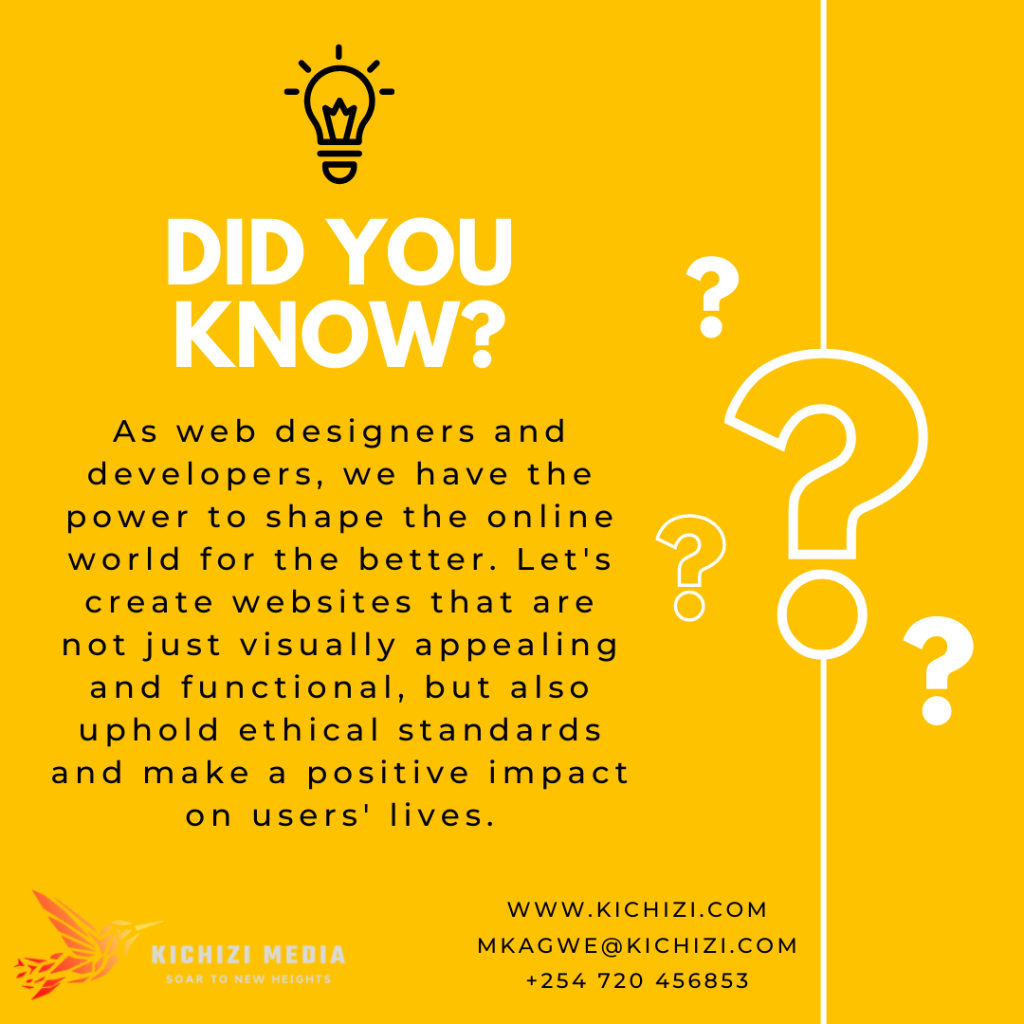Creating a professional online presence is crucial for entrepreneurs and small business owners in today’s digital age.
However, not everyone has the technical skills or time to build a website from scratch. Fortunately, there are various content management systems (CMS) available that cater to different needs and skill levels.
In this article, we’ll conduct a comparative analysis of popular CMS like WordPress, Wix, Squarespace, and others to help you make an informed decision about which one is right for your business.
1. WordPress
Best For: Those with some technical proficiency and flexibility needs.
Pros:
- Customization: WordPress offers extensive customization options through plugins and themes, making it suitable for businesses with unique needs.
- SEO: It provides robust SEO capabilities, allowing you to optimize your site for search engines.
- Scalability: Ideal for businesses planning to grow and add advanced functionalities.
Cons:
- Learning Curve: Beginners might find WordPress a bit challenging, as it requires some technical knowledge.
- Maintenance: You’re responsible for updates and security.
2. Wix
Best For: Beginners and those looking for a user-friendly, all-in-one solution.
Pros:
- Ease of Use: Wix’s drag-and-drop CMS makes it incredibly user-friendly.
- Templates: Offers a wide range of visually appealing templates.
- Hosting: Hosting is included, simplifying the process.
Cons:
- Less Customization: While easy to use, it may be less flexible for complex, unique website needs.
- Scalability: It may not be the best choice for rapidly growing businesses.
3. Squarespace
Best For: Creatives and those who prioritize design.
Pros:
- Design: Squarespace is renowned for its stunning, modern templates.
- All-in-One: Provides hosting, domain registration, and e-commerce functionality.
- Mobile Responsive: Ensures your site looks great on all devices.
Cons:
- Less Flexibility: It may not offer as much customization as WordPress.
- E-commerce Fees: Transaction fees apply unless you use Squarespace Commerce Advanced.
4. Shopify
Best For: E-commerce businesses.
Pros:
- E-commerce Focus: Tailored for online stores, offering many e-commerce features.
- Security: Robust security and reliability for transactions.
- Payment Options: Supports various payment gateways.
Cons:
- Not Ideal for Non-E-commerce: While great for online stores, it’s not the best choice for non-retail businesses.
- Monthly Fees: Shopify comes with monthly fees, which might not suit all budgets.
5. Weebly
Best For: Small businesses and bloggers.
Pros:
- User-Friendly: Weebly’s interface is simple and intuitive.
- Pricing: Offers competitive pricing for small business owners.
- E-commerce: Suitable for basic e-commerce needs.
Cons:
- Design Limitations: Less template and design flexibility compared to some other CMSs.
- Scalability: It may not be the best choice for businesses with rapid growth plans.
6. GoDaddy Website Builder
Best For: Small businesses looking for a quick and easy solution.
Pros:
- Simplicity: Extremely easy to use with a simple interface.
- Integration: Offers various add-ons like email marketing, SEO tools, and more.
- Support: Good customer support and reliable hosting.
Cons:
- Limited Customization: Not as flexible as some other CMSs for advanced customization.
- Scalability: This may not be ideal for businesses with complex expansion plans.
When choosing the right CMS for your business, consider your specific needs, technical skills, and growth plans. Each of these Content Management Systems has unique advantages, and the choice ultimately depends on what aligns best with your goals and resources.
By carefully assessing your requirements and the features each CMS offers, you can create a professional online presence that effectively represents your business.




